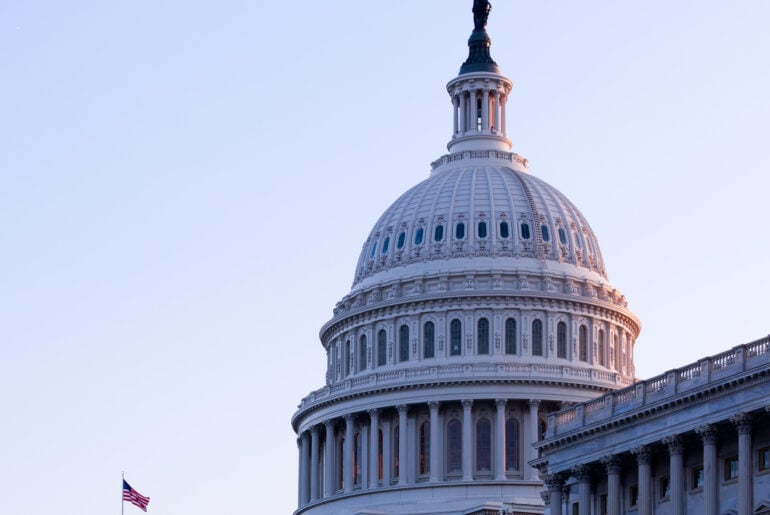The general rule in the United States is that litigants are not required to post security bonds with the court in the event that they ultimately may be liable to the other party. Indeed, in what is often called the “American Rule,” each party to litigation bears its own costs and expenses, including attorneys’ fees, no matter the outcome. US rules often allow a prevailing party to recover “costs,” but only costs other than attorneys’ fees.[1] There are some exceptions to this general rule, including where a statute allows the recovery of attorneys’ fees, such as the Copyright Act of 1976.[2] Generally, costs are only awarded upon the resolution of the case, but, under certain circumstances, a party might be required post a bond at the outset of the case in the amount of its adversary’s expected costs. In Morgan Art Found. Ltd. v. McKenzie, 2019 U.S. Dist. LEXIS 109997 (S.D.N.Y. July 1, 2019), the Southern District of New York determined that the plaintiff would not be required to post a bond, and in so doing considered the implications of foreign data protection laws.
The background of this dispute involves Robert Indiana, a renowned pop artist who came onto the American art scene in the 1960s, and passed away in 2018 at age 89. Litigation was commenced in 2018 relating to intellectual property rights in Indiana’s vast portfolio of art. In 1999 and 2004, Indiana had conveyed rights associated with his art, including his famous “LOVE” images, to Morgan Art Foundation. The subsequent litigation involved Indiana’s estate as well as two separate art companies claiming an interest in Indiana’s art.
At an early stage of the case, one of the defendants, American Image Art, sought to stay the case, or, in the alternative, demanded that the plaintiff post a bond to cover attorneys’ fees and other costs that might be payable under the Copyright Act of 1976. Pursuant to the local rules of the Southern District of New York, “[t]he Court, on motion or on its own initiative, may order any party to file an original bond for costs or additional security for costs in such an amount and so conditioned as it may designate.”[3] Under this rule, a party can be required to post the amount of expected costs with the court in the event that its litigation adversary will be entitled to those costs.
The court recognized that it had the discretion to require the parties to post a bond. Factors to be considered when deciding on a bond include: “[(1)] the financial condition and ability to pay of the party at issue; [(2)] whether that party is a non-resident or foreign corporation; [(3)] the merits of the underlying claims; [(4)] the extent and scope of discovery; [(5)] the legal costs expected to be incurred; and [(6)] compliance with past court orders.”[4] Factor number (4), the “extent and scope of discovery,” was relevant in this case, because the plaintiff had relevant information in different EU countries. The plaintiff indicated that “it
[was]
subject to different privacy laws in [those] jurisdictions” and “object[ed] to discovery requests ‘to the extent they request[ed] any documents … protected by law, statute, or regulations, including applicable privacy and data protection laws of Switzerland, England and/or the European Union, such as the EU General Data Protection Regulation, the Swiss Federal Act on Data Protection, and the Swiss Criminal Code,”. The plaintiff stated that it would “produce any such responsible documents only in accordance with, and upon and after complying with, all applicate laws, statutes, and regulations.”[5] The defendant used plaintiff’s objections regarding compliance with foreign data protection as a basis for asserting the need for a bond, as well as a bond in a greater dollar amount. The court rejected the defendant’s argument and specifically found: “The Court shall not penalize Plaintiff for complying with the law of the jurisdictions in which it operates.”[6]
Ultimately, the court declined to require
the plaintiff to post a bond. But the court’s statement extending concern to
compliance with foreign data protection laws is relevant to all foreign parties
subject to discovery in the United States.
[1] See, e.g., Federal Rule of Civil Procedure 54(d)(1) (“Unless a federal state, these rules, or a court order provides otherwise, costs—other than attorney’s fees—should be allowed to the prevailing party”).
[2] 17 U.S.C. § 412
[3] Rule 54.2 of the Local Rules of the United States District Court for the Southern District of New York.
[4] Morgan Art Found. Ltd., 2019 U.S. Dist. LEXIS 109997, at *10-11.
[5] Id. at *13.
[6] Id.



